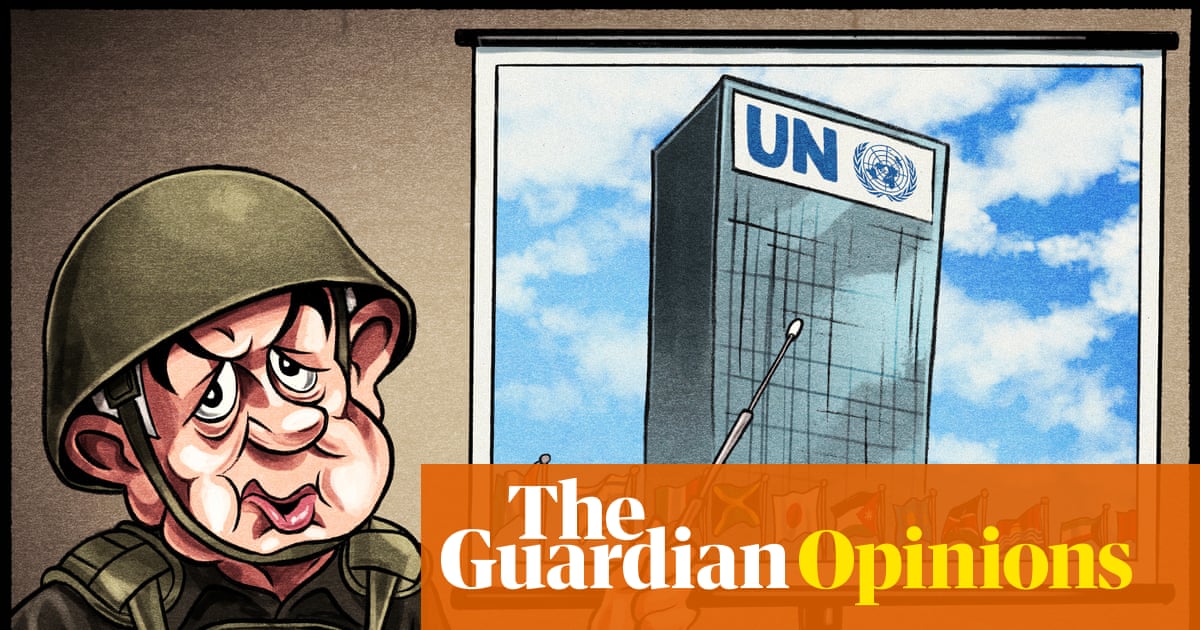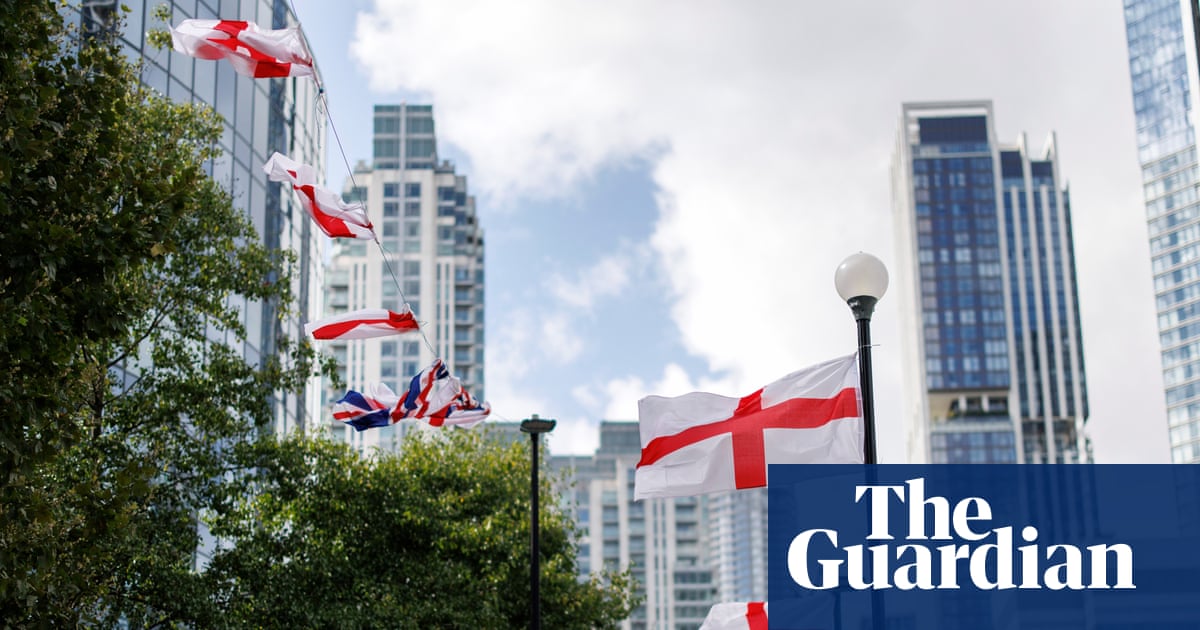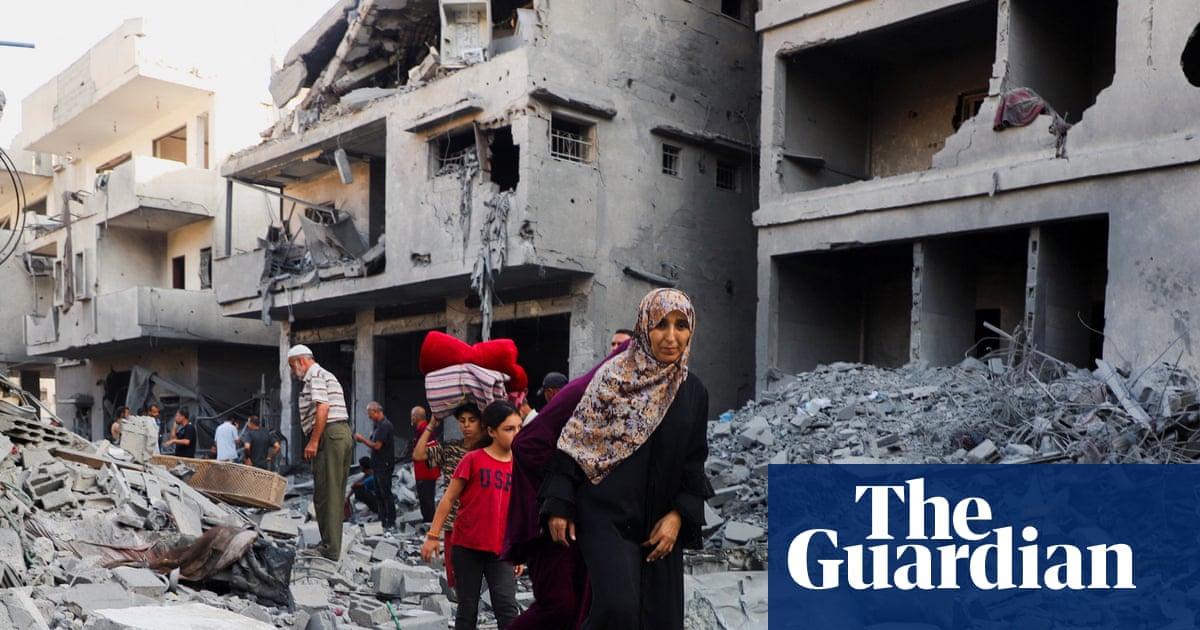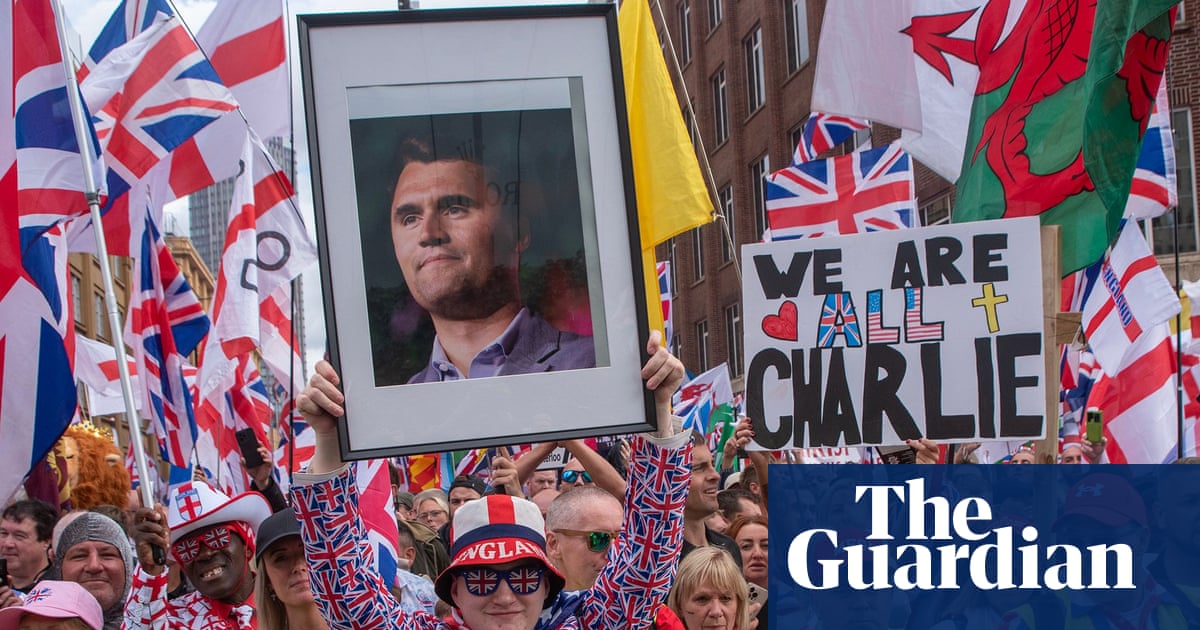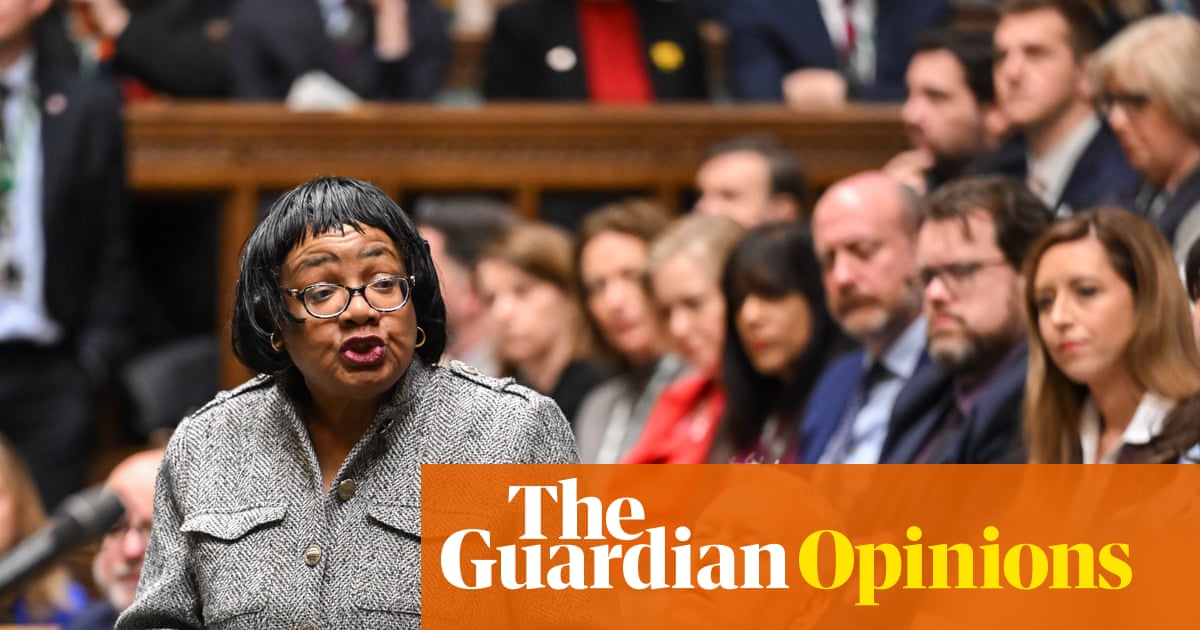A senior figure in the health service has criticised it for deep-seated racism after his mother “got a black service, not an NHS service” before she died.
Victor Adebowale, the chair of the NHS Confederation, claimed his mother Grace’s lung cancer went undiagnosed because black people get “disproportionately poor” health service care.
The NHS’s failure to detect her cancer while she was alive shows that patients experience “two different services”, based on the colour of their skin, Adebowale said.
His mother, Grace Amoke Owuren Adebowale, a former NHS nurse, died in January aged 92. He highlighted her care and death during his speech this week at the NHS Confederation’s annual conference as an example of “persistent racial inequalities in NHS services”.
His remarks prompted fresh concern about the stark differences between the care received by those from black and other ethnic minority backgrounds and white people.
“My mum, who worked for many years as a nurse, died earlier this year at the age of 92. It was difficult. It was not the dignified death that we would have wanted for her,” Adebowale told an audience of NHS bosses.
“It wasn’t the death she deserved. So it makes me clear about the need to address the inequity. I think she got a black service, not an NHS service.”
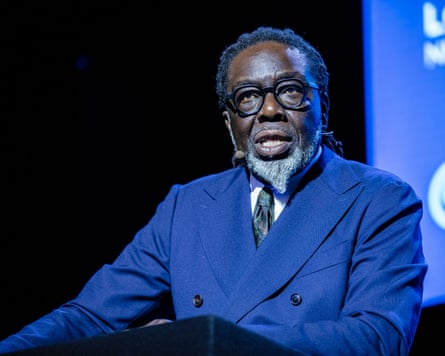
He castigated the NHS for not having done enough to improve care for black patients, despite mounting evidence of their much higher risk of poorer outcomes, including dying.
Referencing “the experiences that people who look like me continue to receive”, he added: “It just hasn’t got any better. It is not acceptable that someone who looks like me on average waits 20 minutes longer in A&E than white patients.”
Speaking to journalists afterwards, Adebowale said: “Why did I do it [refer to his mother’s ‘black service’]? Because I’m sick of it not changing, like everybody else. My mum, I think, God bless her, I think she would have wanted me to say it.
“[I am sick of] the disproportionately poor services that too many poor people and too many black people experience – that’s what I’m sick of.
“You only have to look at the stats. You just see the stats across all the major disease categories we talk about. Black people have a worse experience and worse outcomes. We’ve known that for years. I’m not saying anything new. My mother is an episodic example of a systemic problem.”
Adebowale spent six years as a non-executive director on the board of NHS England and is a former chief executive of the addiction and mental health charity Turning Point.
He and his family are still trying to find out why their mother’s cancer was only identified by an autopsy after she died after arriving “in a poor condition” at A&E at a hospital in England he did not name. Not knowing at the time why she had died made her death even harder for the family, he said. His mother – who came to work in the NHS from Nigeria – never smoked, he added.
“We’ve only recently found out [about the lung cancer]. It made me angry, because how can you live for that long with something that a lot of people [did not spot]?
“She died of lung cancer and by definition [a diagnosis being made] anytime earlier than when she died would have been good. She clearly wasn’t picked up by any screening as far as I know. Her medical records I’ve seen show that nothing indicated that she had cancer anywhere. That was poor care, wasn’t it?”
Research has found that:
-
Black British mothers are up to four times more likely to die during pregnancy or within six weeks of giving birth than white mothers.
-
Those of black and African or Caribbean origin are twice as likely to have a stroke, and younger, than white counterparts.
-
Black African patients are two and a half times more likely to be detained under the Mental Health Act than white British patients.
Kate Seymour, Macmillan Cancer Support’s head of external affairs, said: “Stories like Grace Amoke Owuren Adebowale’s highlight the heartbreaking reality for some when it comes to accessing cancer care in this country. Research shows that people from ethnically diverse backgrounds in England wait longer on average to be diagnosed for several types of cancer.
“It is categorically unacceptable that some people with cancer are having worse experiences simply because of who they are or where they live.”
Prof Habib Naqvi, the chief executive of the NHS Race and Health Observatory, said Adebowale’s remarks about his mother’s death should lead to change.
“Sadly, black communities and families continue to experience many shortfalls in care, treatment and outcomes. They often face additional trauma at multiple stages of the life course,” he said.
“We thank Victor for the candour in sharing his personal testimony and expect these insights to lead to learning and action from healthcare providers to improve the quality of patient care.”
NHS England has been approached for comment.

.png) 3 months ago
45
3 months ago
45



